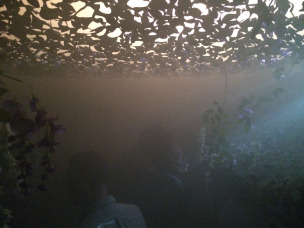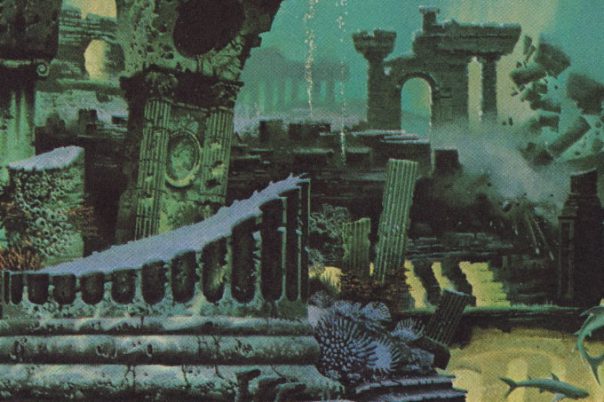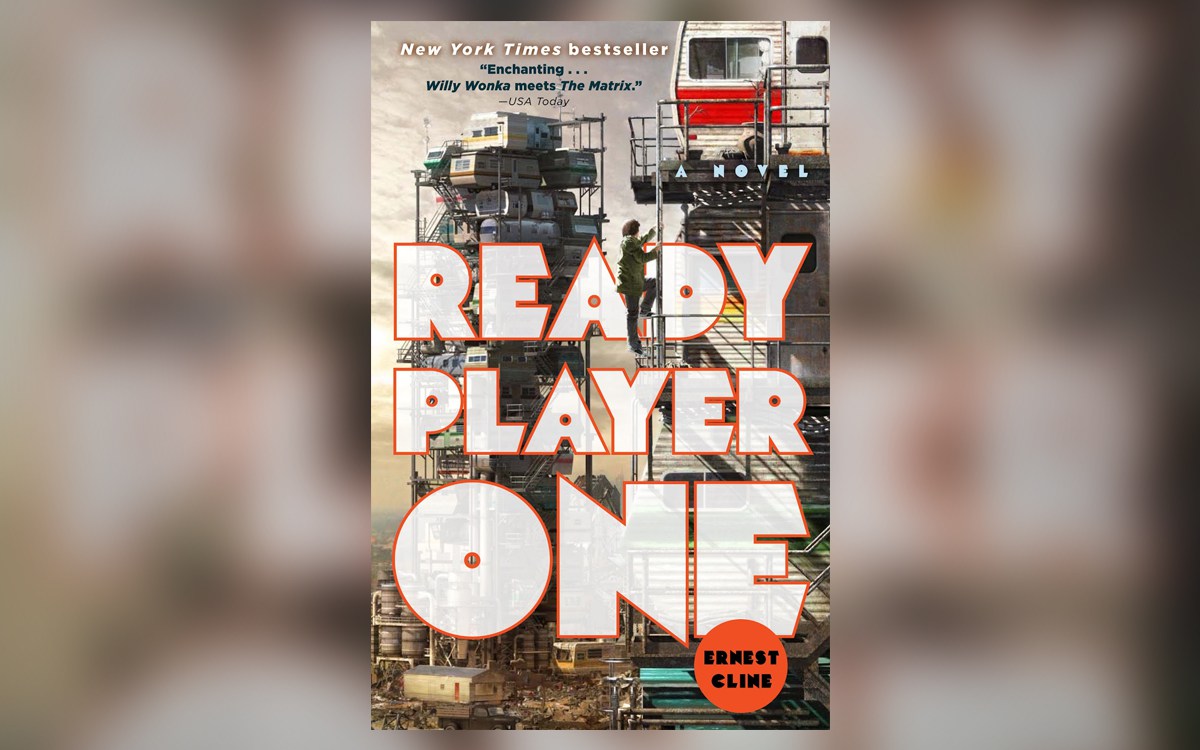
At the Rain Taxi Book Festival in October 2017, I watched author John Freeman moderate a discussion on inequality in America. The platform for the discussion was the newly released collection of stories, essays, and poetry, Tales of Two Americas, Stories of Inequality in a Divided Nation, that Freeman edited, and which features a powerhouse of accomplished authors. Through this collection Freeman is making a political statement, as are all of the contributing authors by association. Freeman commenced the discussion with the issue of class disparity, which he is clearly cognizant of and able to speak passionately about.
It’s a curious thing, writers writing about inequality. On the one hand a writer may never make a lot of money from their writing. On the other hand some get lucky and make it big. Most writers are university educated, which places them squarely in the category of privileged. Despite the privileges education bestows, a published writer’s income can be a vast distance from their inherited social status. For example, some writers’ lives require movement between two worlds: from the upper class of the educated elite, back to the lower class where the reality of their income situates them. Many writers are drowned out by the noise of the few published writers who become acclaimed. Celebrities, on the other hand, who aren’t writers at all, easily have their literature of marginal quality published. But most all other writers need to have a source of income in order to write. Many teach, or work at something hard all day until they get home and begin to work hard at writing all night. So a writer’s personal experience with class and inequality can be both diverse and complicated. That all of the writers in Freeman’s collection are recognized published authors, then, introduces some irony considering Freeman’s politics.
Freeman claims that “America is broken.” He works tirelessly to justify the relevance of this collection and to set a tone in the book’s introduction. Freeman laments exactly what is broken beginning with “financial inequality” as a form of “bad public policy,” and continuing with “…stolen labor, the failure of Reconstruction, the entrenchment of racial bias in the culture, immigration…..war on drugs, sexism, gender imbalances, and the complicity of financial services in preying upon populations afflicted by these inequalities with predatory loaning.” Inequality is not lost on Freeman. His clever solution is to shine a light on writers. He’s right to spotlight writers, they are the only ones by profession who can explain things coherently. Freeman extrapolates.
The way systems of oppression have entrenched themselves in the United States calls out for a new framework of writing about inequality. We need to look beyond statistics and numbers and wage rates. We need to create a framework that accounts for what it feels like to live in this America, a framework that can give space to the stories that reveal how many forces outside of wages lead to income inequality, which is a symptom of a network of inequalities. The work of writing has been done for decades by writers who do not have a choice but to pay attention to these forces. This anthology is an attempt to bring together the best of these writers and recast the story of America in their words.
If Freeman considers his hope best placed in the power of stories, he is wise in doing so. I wonder why it had to be only the stories of well known writers, as opposed to unknown writers who may be in the midst of dealing with any of the inequalities that Freeman is seemingly so concerned with? The essays, literature, and poetry in this collection are written more out of privileged than anything. It begs us to look at the space in between–where an author might have experienced disparity once, but does not now, and has crossed over into some form of privilege. On the contrary, to look at the author who may never have experienced disparity, was born into privilege, yet is entitled to write even about issues one is clueless about, precisely because of their inherited privilege. Are those who exist within systems of inequality not adequate witnesses to their own lives and experiences, then? Who is, or is not, benefiting from privilege, is tricky to navigate. In America privilege weaves itself in and out of people’s lives in unexpected ways.
The contributing authors’ writing techniques are indeed excellent, but oddly the stories often fall flat. There is a kind of passion missing. The stories are polite and well thought out, yet there is an absence of anything raw or painful, which is what it’s really like when a person lives in disparity, when a person is faced with exclusion, when a person barley survives on the margins. Where was the hand of emotion ready to reach up and grab me? Wasn’t this what Freeman set out to accomplish, to be impactful?
The problem that Freeman sees with class inequalities is exactly the problem he embedded in this collection. The recognized writers on top remained on top, while other unknown writers, breaking into the scene, likely with important things to contribute, remained excluded. Class inequalities are really hard for Americans to identify and understand. I think John Freeman understands this. I’ll give him that. What is lost on Freeman, as evidenced in his approach to this collection, is exactly why America grapples with class. We are often blinded to how insidiously and efficiently class runs us. We are tangled up in class issues ourselves, every one of us, in complicated ways. Because of this we don’t only miss the truth of how class plays out in other’s lives, we completely miss the truth of how class plays out in our own lives. Privilege and class are intimately intertwined. One can not exist without the other.
Choosing previously published, established, and respected writers may have been strategic on Freeman’s part. After all, the collection will more likely be read if the writers are recognizable, plus they’ll bring their fan base with them. It bodes well for Freeman’s income and recognition. Freeman himself busted into the spotlight as a hyper book-reviewer and acclaimed editor of Granta magazine, in both the U.S. and the U. K. He then created Freeman’s Biannual , an anthology of literature which has been very well received. Freeman is all over YouTube and the internet, and is definitely not a stranger in the publishing world. He could just as easily have included unknown writers in the compilation and still had the book published, in my opinion.
So I have to ask: Does this collection speak more to Freeman’s own need for notoriety, then? Whereas he could have easily published unknown writers based on his professional recognition alone? Or did he decide to publish accomplished writers as a strategy, because it was his best chance at garnishing attention for the problems he seeks to illuminate, and in some way, make the reader think about? Whereas publishing unknown writers could risk marginalization in a culture that only considers those with wealth and status credible, and thus worth listening to? Does this book ultimately serve the self, or the other? These are the questions I can not answer.
You’ll have to read the book and decide for yourself.
Advertisements Share this:





